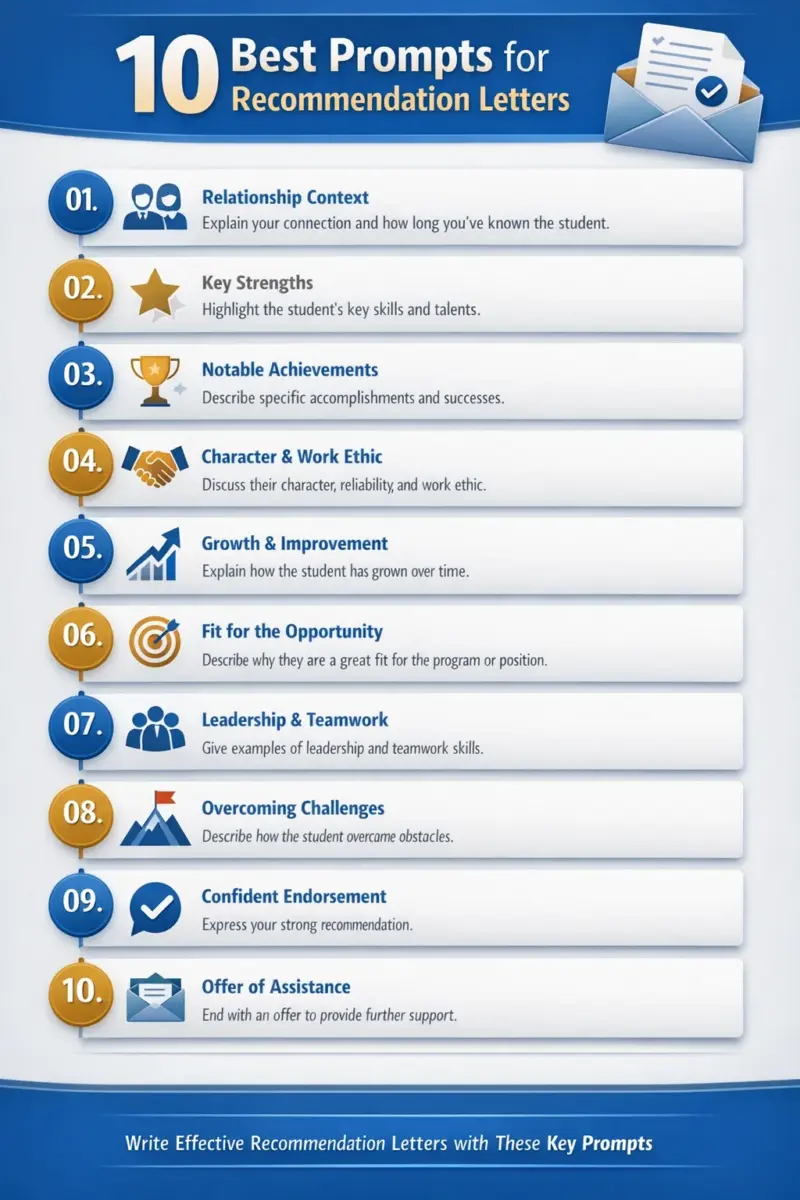English is and should remain, for some time, the world’s lingua franca. It is used for business, general communication among people worldwide, and politics (the EU still classes it as an official language even though only one EU member state speaks it officially).
However, even though it is so well used, it remains a pretty challenging one to master, especially when you get beyond the intermediate stages. With a penchant for slang and idiom usage, an odd grammar with plenty of irregularities, and a large number of homophones that can easily trip up the average non-native speaker, the struggle is real!
Forutanly, the web has made it somewhat easier to get a grasp of, particularly when utilizing the vast array of online courses available.

Learn At Your Own Pace
Self-directed learning isn’t specific to learning a new language but is undoubtedly a plus when considering the many different learning ways. Online courses tend to offer students the ability to learn at their own pace, making the task far less stressful and much easier to manage. Even those offering professional qualifications via the Internet make use of this learning technique. For instance, if you want to gain your ESL certification online, you can opt for an IGCSE ESL with Learn Now course that enables you to achieve a valuable credential without needing regularly scheduled in-person classes. When you can learn this way, you will eschew the frustrations that often come about from strict deadlines and instead discover your English ability improving more holistically.
Engage With Experienced Instructors
While not all courses will involve instructors, many higher-quality ones will have experienced educators to direct you through the course. This may manifest in some ways, ranging from pre-recorded tutorials replete with the ability to slow the video down to hear pronunciations more effectively to real-time one-on-one interactions.

Expand Your Vocabulary Bank
Learning a new language is as much about having a broad vocabulary as it is about understanding the nuances of grammar and context. Many online courses will introduce you to new vocabulary on a step-by-step basis, typically only introducing new words when they make sense. After each module, you will take a test to ensure you remember all the words presented to you throughout and hopefully retain as many as possible to ensure you can converse more naturally with other native English speakers.
Improve Your Listening Comprehension
Reading and writing are only two parts of attaining language fluency. The rest involves being able to speak, listen, and respond as you would a normal conversation. Because of the variation of English throughout the world, non-native speakers often find it challenging to understand what is being said, especially when a conversation seems to be occurring at lightspeed. However, by using all of the features included in an online course, you should be better positioned to perform active listening, allowing you to keep a discussion flowing more smoothly.
Learning a new language is never easy, but the oddities of the English language (combined with the need to know it if you want to converse with other cultures more freely) can make it incredibly daunting. Online courses exist to help those willing to get started but want to learn on their own time.


